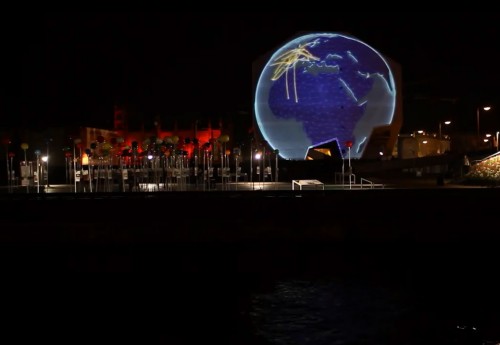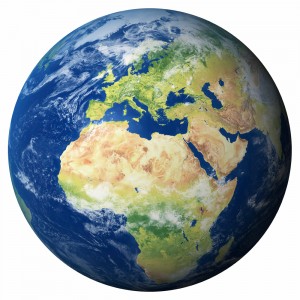This is a sponsored post on behalf of Airbus. To find out more about sponsored content on Technology Bloggers, please visit our Privacy Policy.
If you have been following the news lately, you will most probably have seen Airbus popping up a fair bit. I am personally really interested in Airbus, as it is an exciting company which I believe is set to revolutionise the aviation industry. That is why, when I was approached by Airbus, I couldn’t refuse to write an article for them!
At the moment I am trailing a technology of the future, Remote Heating Control in my home. Remote Heating Control is the future for smarter living. I believe that Airbus are the future for smarter air travel.
Inefficiencies
Currently the aviation industry is incredibly inefficient. It’s a fact that if you get a plane from London to Dublin, the CO2 emission you would produce would be about 3 and a half times great than were you to use a train and ferry. Flights are also often more cramped, however they are usually a lot faster.
The massive fuel costs not only cost the consumer, but also the environment. Okay, maybe I am being a little unfair to current aviation, but the fact is it isn’t all that good all of the time.
A Sustainable Future
Earlier this month, Airbus unveiled its vision for sustainable aviation in 2050 and beyond. That’s right, aviation which doesn’t have to cost the earth. Airbus says that its plans will create ‘smarter skies’. Remote Heating Control is one of the features of smarter homes, now Airbus are going to generate smarter skies. It looks like technology really is making the future ‘smarter’!
4D Light Show
Airbus being a futuristic visionary unveiled their vision for the future of aviation in style, with an amazing 4D projection light show in Berlin. The display started with a simple paper aeroplane and went on to show viewers its vision of what planes of the future would be like.
 Wish you hadn’t missed the event? Don’t worry there is a video of the show below!
Wish you hadn’t missed the event? Don’t worry there is a video of the show below!
%CODEUMAC1%
The Future For Air Travel
Airbus believe that in the future aviation will be so efficient that it will be almost unrecognisable from what it is today. Airbus believe that aeroplanes will take more inspiration from nature in the future, being designed more efficiently, and like birds plotting their routes based on daily changes in weather and atmospheric conditions.
Planes are also more likely to run on biofuels, which are likely to be cheaper and better for the planet.
Redesigned planes matched with more efficient flying – like flying in certain weather conditions, or in formation with other aircraft to reduce drag (known as ‘express skyways’) – mean that Airbus can predict that aircraft emissions will be 50% of their current levels by just 2050.
An interesting fact for you here, 1.5 billion dollars could be saved across the globe every year, if every aircraft flight were just one minute shorter. Just one minute. In the future more direct routes, better designed aircraft and better planning could save a lot more than one minute of airtime per flight. Currently only 65% of airlines sometimes take the most direct route, so imagine what would happen if 100% of airlines always took the most direct route.
Airbus also believe that planes will become more spacious, comfortable and quieter. Airports themselves are also likely to become more efficient, with specially designed vehicles taxing the aircraft to and from the runway, saving immense amounts of fuel.
Aviation is about to get greener, as we move into an age of smarter skies. We live in exciting times, as technology seems to be constantly improving the way we live and our prospects for the future.



